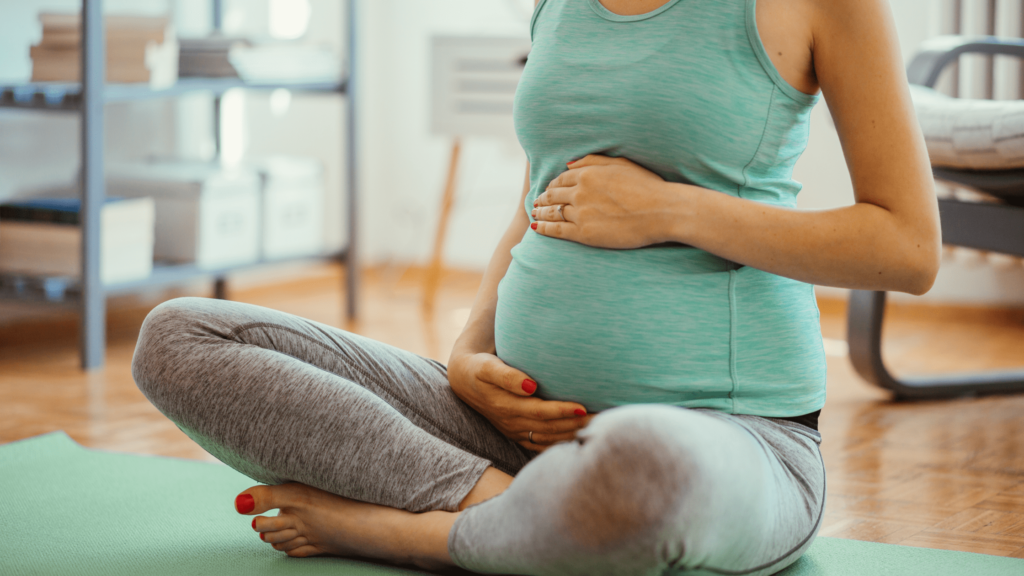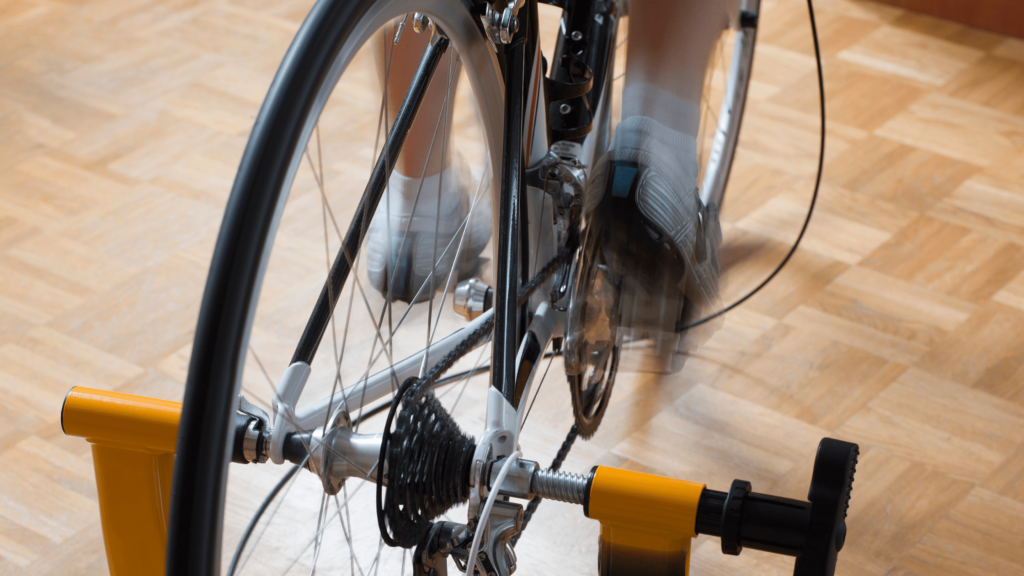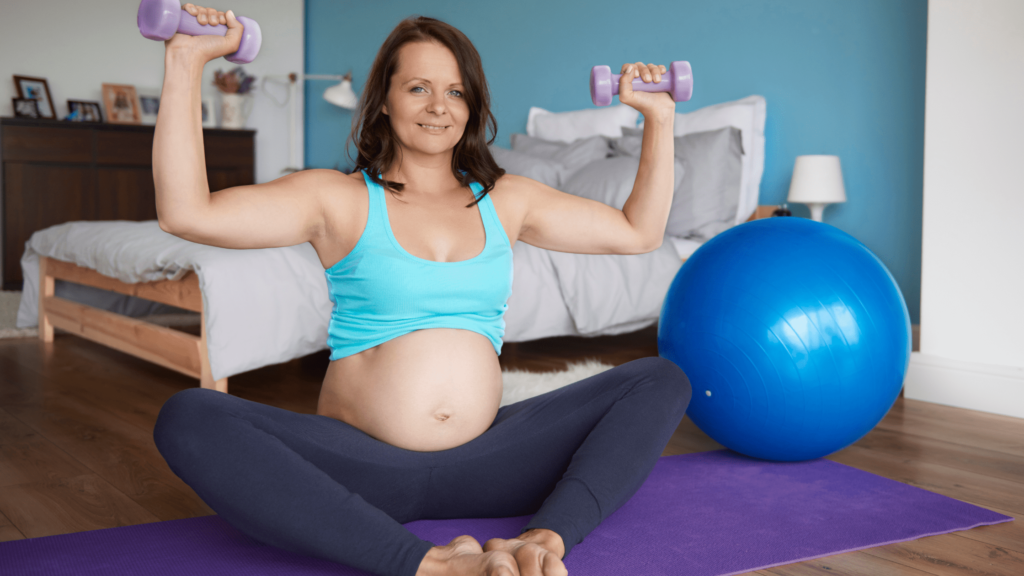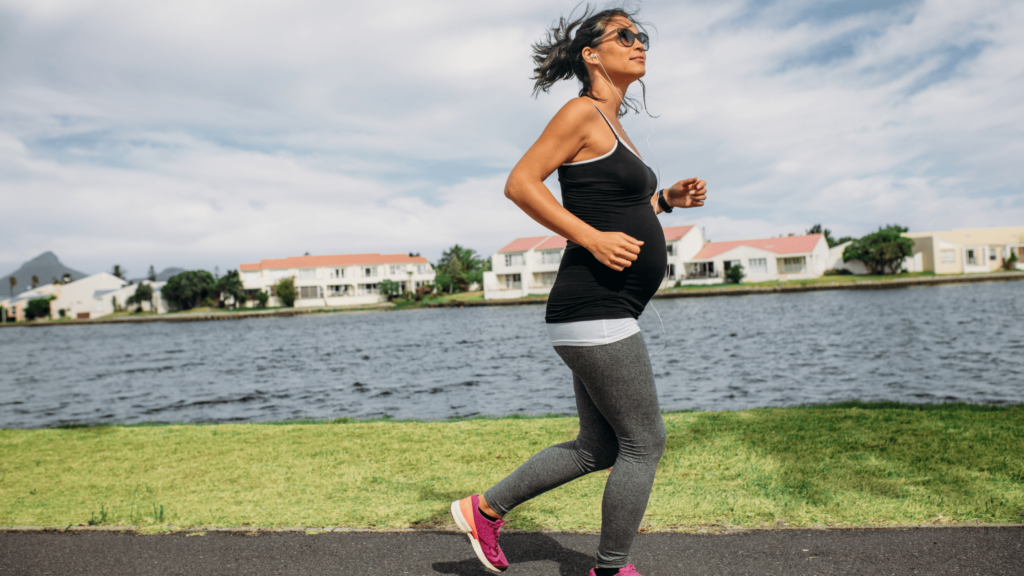
Pregnancy is the perfect time to re-evaluate your health and motivate yourself to be healthier, as there is a new life growing inside of you! But are you on the right track of keeping healthy?
Staying healthy during pregnancy prevents future birth complications such as low birth weight, birth abnormalities and so on. Here are a few tips on how to optimize your health, and ensure you have a healthy pregnancy and most importantly – a healthy baby!
Eating Right
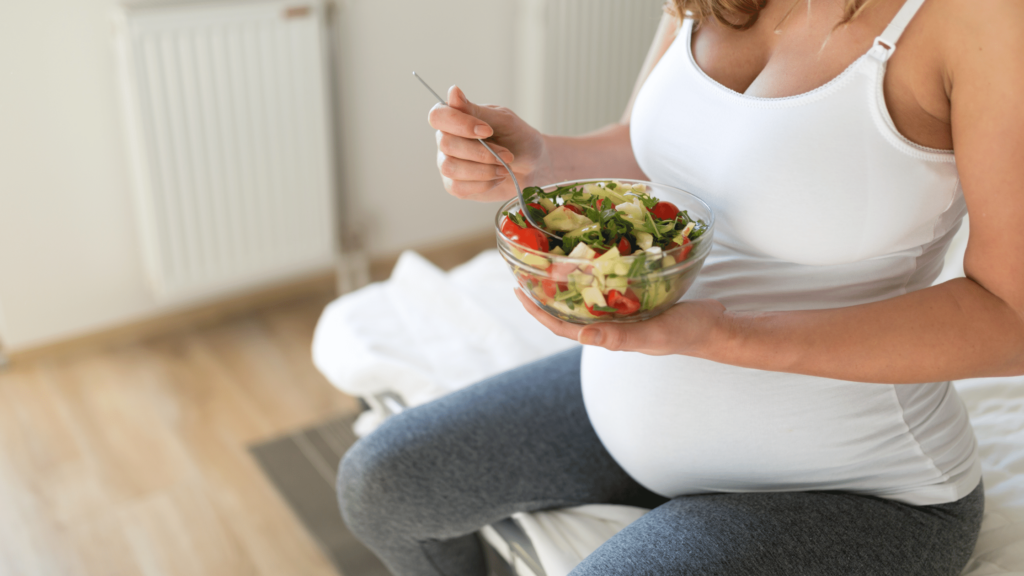
As your baby bump grows, it’s crucial to get the proper nutrients for you and your baby to continue growing and maintaining a healthy weight. It’s recommended for pregnant women to eat plenty of fruits and vegetables, lean meats, whole-grain bread and low-fat dairy products. Saturated fats and processed sugar should be kept to a minimum.
Vitamin Supplements
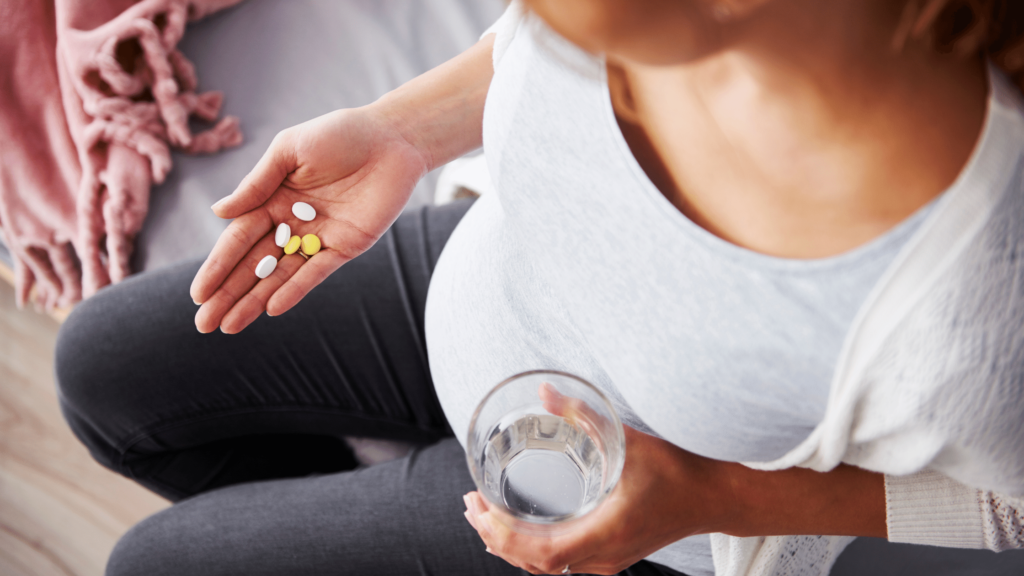
Eating a well-balanced diet should ensure you have all the necessary nutrients. However, during pregnancy, you will need more of these nutrients, especially folate (folic acid), iron and calcium.
Why is folic acid important for a healthy pregnancy? Research shows that the consumption of folic acid prior to and during the first three months of pregnancy decreases the risk of neural tube defects. The neural tube is the base that eventually forms your baby’s brain and spinal cord, and is formed during the first few weeks of pregnancy – possibly even before a woman knows she is pregnant. If the neural tube doesn’t form properly, it becomes a neural tube defect known as spina bifida.
An iron supplement may be prescribed by your doctor if you are anaemic during pregnancy. Pregnant women require more iron to make haemoglobin, the protein responsible for carrying oxygen in red blood cells. When iron is deficient, the body can’t produce enough red blood cells to carry oxygen to the rest of the organs and tissues to function properly. Naturally, this would also affect the development of your baby.
Iron can be found in various meat types and dark leafy vegetables. However, there is no need to consume iron supplement if you are keeping a healthy diet.
A growing baby will require more calcium, especially in the third trimester, when your baby is swiftly developing their skeletal system. If there is insufficient calcium, your body may start leeching calcium from your own bones to cater to your baby’s growing demands. But the good news is, your body will also produce more vitamin D at this point, in order to absorb more calcium from your diet. To be safe, you should aim to increase your calcium intake by consuming more yoghurt and low-fat milk.
Regular Prenatal Care

Proper prenatal care is key to a smooth pregnancy. Prenatal visits are usually scheduled as below:
- Once a month until 28th week of pregnancy
- Every 2 weeks until 36th week of pregnancy
- Every week until childbirth
At your first visit, your doctor will do a physical examination and pregnancy test to see how far along the baby is, based on your last menstrual cycle. Based on this information, your doctor can give a rough estimation of your delivery date.
For subsequent visits, your doctor will monitor your weight, blood pressure and progress of your baby. Blood test, urine test, cervical tests and ultrasounds will be a routine part of your prenatal care visits.
Stay Hydrated
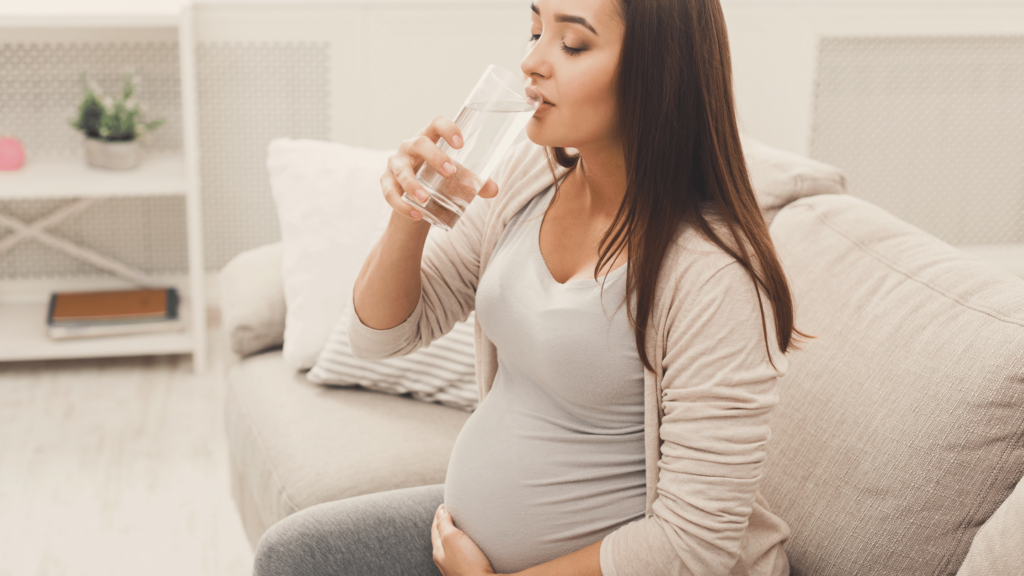
Pregnant women need more water as there is a sharp increase in blood volume during pregnancy. More water is also needed to carry nutrients from your body to your baby and to maintain sufficient levels of amniotic fluid. Drinking at least eight glasses of water a day helps prevent common pregnancy discomforts such as constipation, swelling and dehydration.
Avoid Cheese and Raw Food
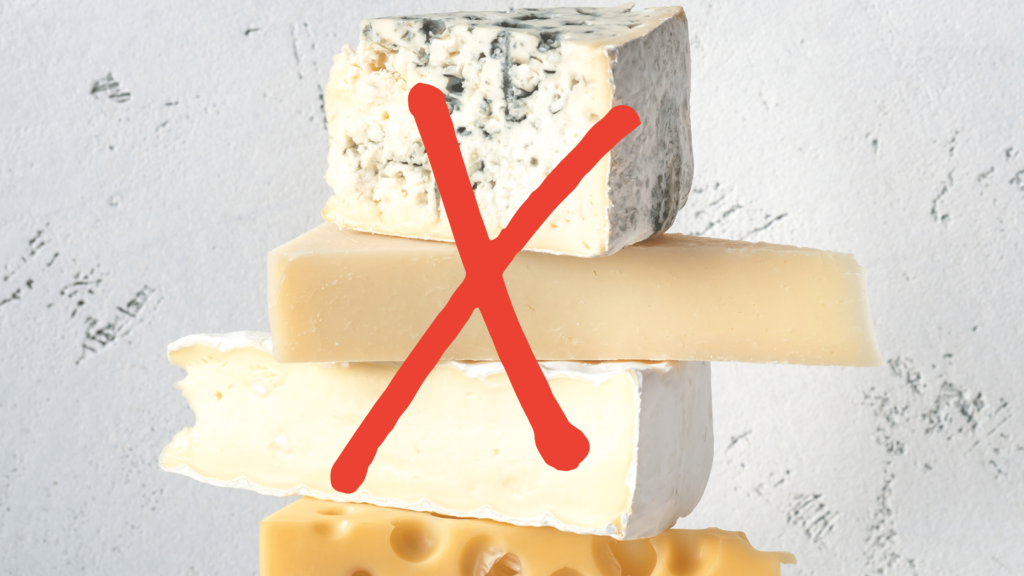
Foodborne diseases pose a danger for unborn babies and may result in miscarriages or birth abnormalities. It’s best to avoid unpasteurised cheese such as feta, Brie, Camembert, blue cheese and goat cheese. Raw food is also a no-go, so stay away temporarily from raw meats such as sushi, or food with raw eggs ingredients such as tiramisu, mousse, raw cookie dough etc.
Avoid Caffeine, Alcohol and Smoking

There is no fixed consensus on the tolerable amount of alcohol that you can consume during pregnancy. However, alcohol is easily passed from mother to a growing baby, who is less equipped to process alcohol. Alcohol tends to stay in the baby’s system longer, leading to mental and physical birth defects. Even moderate alcohol drinking may result in permanent damage to the baby’s nervous system.
Smoking passes on nicotine and carbon monoxide to the baby, and the risks include premature birth, low birth weight, Sudden Infant Death Syndrome (SIDS), asthma and other respiratory problems in the long run.
High levels of caffeine may increase the chances of miscarriage or low birth weight, hence it’s best to restrict your caffeine intake. Don’t forget that caffeine is not limited to coffee – certain types of teas and soft drinks may also contain caffeine, albeit in lesser quantities.
Exercise
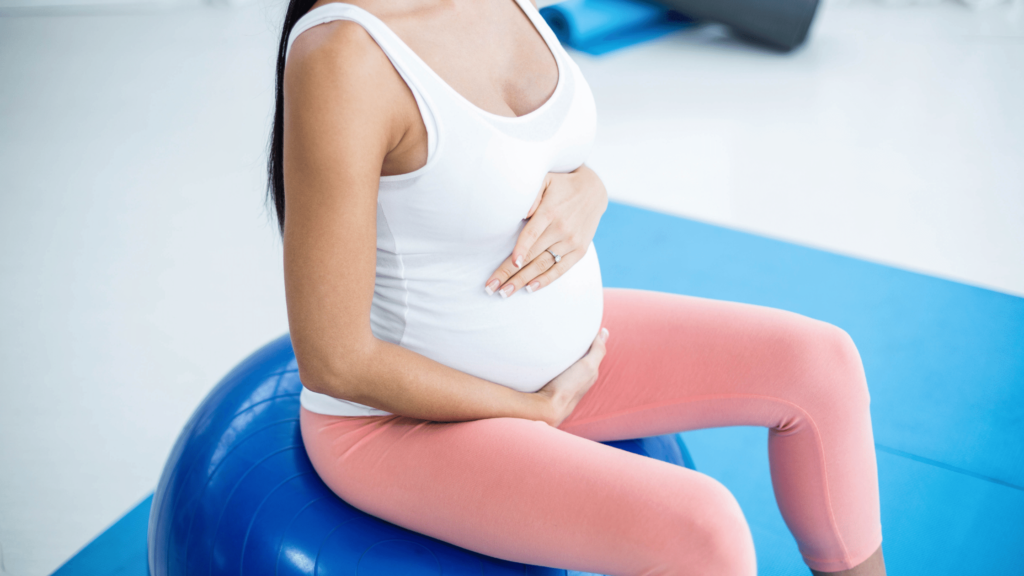
Moderate physical activity is absolutely safe for most pregnant mothers, and in fact even encouraged as it prepares the body for labour, prevent excessive weight gain, and reduces the recovery time after delivery.
An important thing to remember is your body produces the hormone relaxin, which loosens the muscle ligaments in preparation for childbirth. In this case, your body may be easily overstretched and prone to injury. High intensity and acrobatic exercises such as gymnastics and skiing should be avoided for the time being. Walking, jogging, swimming are examples of low impact activities that are safe for pregnant mothers to get a good workout.
While taking good care of your health during pregnancy does require discipline, most women have reported never feeling healthier than they did while expecting. At the end of the day, pregnancy is a journey that’s different for every woman, so don’t forget to pause and listen to your body!

